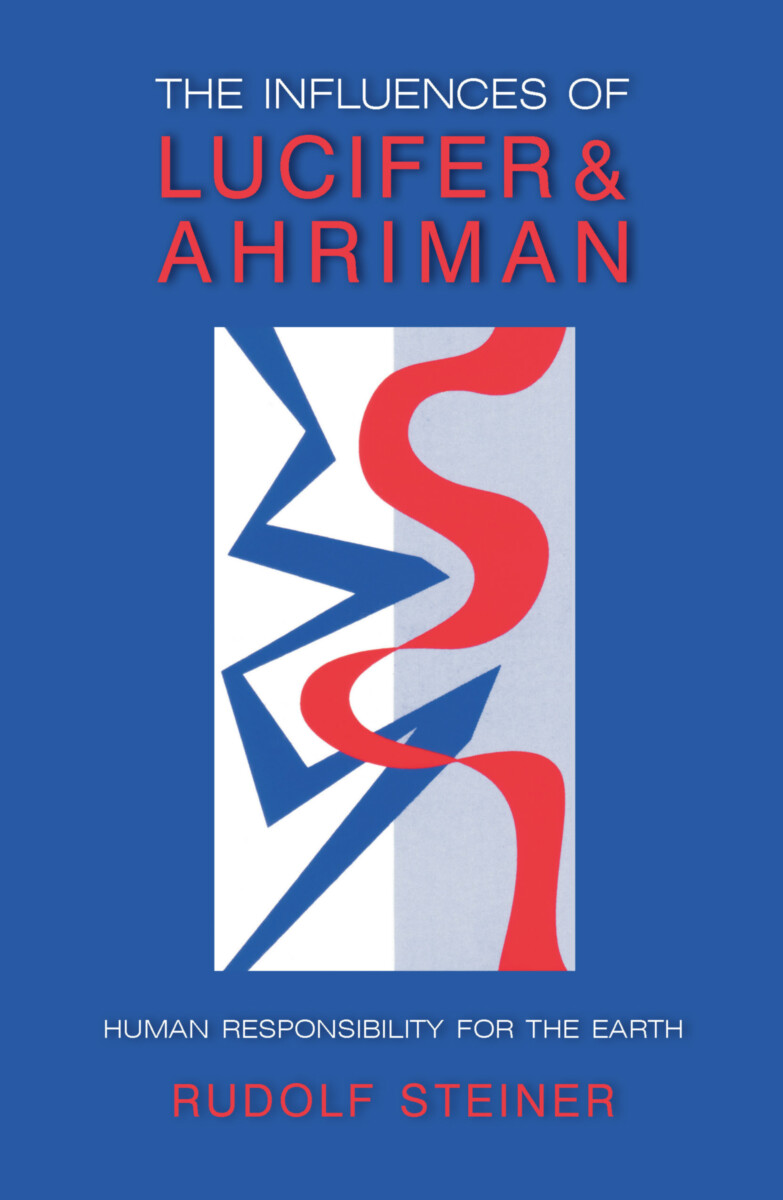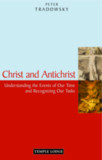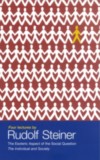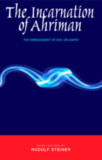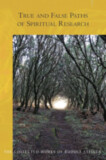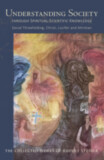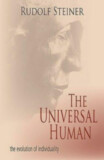The Influences of Lucifer and Ahriman
Human Responsibility for the Earth (CW 191, 193)
- Publisher
SteinerBooks - Published
1st June 1976 - ISBN 9780880103756
- Language English
- Pages 96 pp.
5 lectures, Dornach and Bern, November 1–15, 1919 (CW 191, 193)
“Human beings are dwellers in two worlds. Our uniqueness amongst the creatures of earth lies in this role that we have as half beast half angel. A dynamic tension exists because of the contrary demands which living in each of these realms places on us. We experience this on a daily basis, an internal tug-of-war, pulling first in one direction, then to the opposite pole. Whenever we are called upon to make a choice, a decision, the earthly and the heavenly draw us one way or the other and often both at once!” —Rudolf Steiner
In these lectures, Steiner focuses on the vital task of developing the proper orientation toward a free spiritual life. With great compassion and understanding, he offers telling examples of how humanity must walk a conscious middle way between the two tempting powers of Lucifer and Ahriman. He describes the incarnation of Lucifer in the third millennium before the Christ event, out of which flowed not just the wisdom of paganism, but also the conscious intellect we enjoy today. Ahriman, on the other hand, is shown approaching human beings through such phenomena as materialism, nationalism, and literalism, all in preparation for his incarnation in the third millennium.
Keep in mind, however, that these two powers do not work separately; rather, they are working increasingly together. Our task as human beings is to hold them in balance, continually permeating one with the other. Steiner tells us,
“Lucifer and Ahriman must be regarded as two scales of a balance, and it is we who must hold the beam in equipoise. How can we train ourselves to do this? By permeating what takes ahrimanic form within us with a strongly luciferic element.”
To accomplish this task we need a new, more conscious inner life.
Lectures 1, 2, 4, and 5 are translations of lectures 11, 12, 15, and 13 in Soziales Verstandnis aus geisteswissenschaftlichen Erkentnis Die Geistige Hintergründe der Sozialen Frage - Band III (GA 191). Lecture 3 is translated from lecture 10 of Der innere Aspekt des sozialen Rätsels. Luziferische Vergangenheit und ahrimanische Zukunft (GA 193)
Rudolf Steiner
Rudolf Steiner (b. Rudolf Joseph Lorenz Steiner, 1861–1925) was born in the small village of Kraljevec, Austro-Hungarian Empire (now in Croatia), where he grew up. As a young man, he lived in Weimar and Berlin, where he became a well-published scientific, literary, and philosophical scholar, known especially for his work with Goethe’s scientific writings. At the beginning of the twentieth century, he began to develop his early philosophical principles into an approach to systematic research into psychological and spiritual phenomena. Formally beginning his spiritual teaching career under the auspices of the Theosophical Society, Steiner came to use the term Anthroposophy (and spiritual science) for his philosophy, spiritual research, and findings. The influence of Steiner’s multifaceted genius has led to innovative and holistic approaches in medicine, various therapies, philosophy, religious renewal, Waldorf education, education for special needs, threefold economics, biodynamic agriculture, Goethean science, architecture, and the arts of drama, speech, and eurythmy. In 1924, Rudolf Steiner founded the General Anthroposophical Society, which today has branches throughout the world. He died in Dornach, Switzerland.


